About Us
Baylor Collaborative on Hunger and Poverty’s Network of Hunger Free Community Coalitions
Who We Are
The Baylor Collaborative on Hunger and Poverty’s (BCHP) Network of Hunger Free Community Coalitions (HFCC) connects coalition leaders and members to learn from one another, access best practices and resources, and find inspiration to act through a shared purpose of developing and strengthening coalition sustainability and collective action to maximize impact on food insecurity in the community. The network supports the development of strong, sustainable, action-oriented coalitions, implementing innovative collaborative solutions and engaging in effective public policy work.
HFCC Network coalitions represent urban and rural areas across Texas and vary in size and scope, yet all share a common purpose of ending hunger in their communities. These coalitions are made up of leaders and organizations that understand the value and impact of collaborative action to address food insecurity in their communities. Uniting behind a common vision and strategy for collective action, they understand that what the coalition can do together far exceeds what any of them can do alone.
What We Do
The BCHP HFCC Network provides a platform for sharing knowledge and best practices, facilitates connection and relationships, builds collective power and increased capacity for coalitions as they act to transform the way their communities address food insecurity. The HFCC Network engages coalitions to learn from one another, leverage opportunities, utilize existing resources, access best practices, new models, lessons learned, and toolkits developed from experienced leaders working within coalitions and BCHP staff.
The HFCC Network facilitates the sharing of strategies that move coalitions towards sustainable, community driven actions that prioritize issues and solutions based on the needs of the community and creates significant change to the way the community develops and implements solutions to hunger. The network elevates strategies and resources focused on coalition staffing and coordination, expertise and guidance in best practices, coalition structure, leadership development, asset-based community assessment, strategic planning, and evaluation to support the creation of collaborative, impactful actions to reduce food insecurity.
Baylor Collaborative on Hunger and Poverty
The HFCC Network is facilitated by the Baylor Collaborative on Hunger and Poverty to serve and support coalitions across Texas involved in developing local, collaborative solutions to hunger. Our approach is responsive to the uniqueness and diversity of each community, adapting and integrating our expertise as we work alongside community leaders.
The BCHP team organizes learning and resource sharing opportunities; facilitates network member and professional connections; strategizes with coalition leadership; documents and develops best practices and examples of coalition structure, action, and impact; and cultivates funding and pilot project opportunities for network coalitions. Support for the HFCC Network is made possible by the generosity of the WalMart Foundation.
The BCHP HFCC Network was established in 2018 by the Baylor Collaborative on Hunger and Poverty (formally Texas Hunger Initiative) at Baylor University. To learn more about BCHP, visit texashunger.org.
What is a Hunger Free Community Coalition?
A Hunger Free Community Coalition (HFCC) is a diverse group of organizations and individuals taking action together to end hunger in their community. HFCC’s strategically assess the structure and procedures of local food delivery systems, identify resources and gaps, make decisions for change, and implement action plans to ensure that more people have access to healthy and nutritious food. These coalitions galvanize the community behind the cause, empower community leaders, build long-term bonds of collaboration, maximize effective use of resources, and ensure mutual accountability for results. HFCC’s bring people together to build collective responses to food insecurity.
